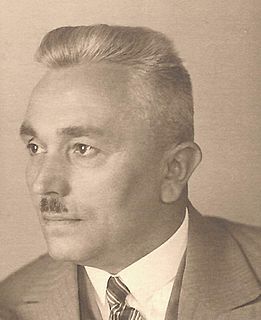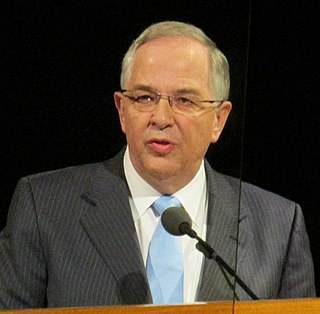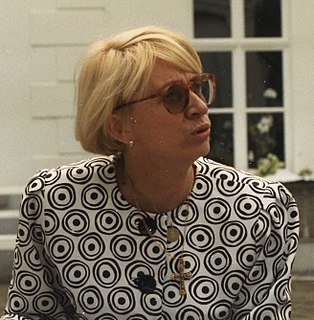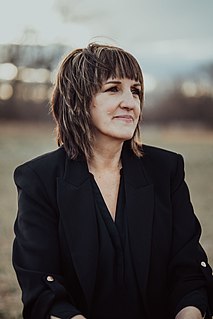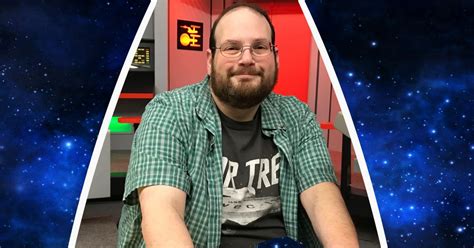A Quote by Margaret Thatcher
Choice is the essence of ethics: if there were no choice there would be no ethics, no good, no evil; good and evil have meaning only insofar as man is free to choose.
Related Quotes
Ethics occupies a central place in philosophy because it is concerned with sin, with the origin of good and evil and with moral valuations. And since these problems have a universal significance, the sphere of ethics is wider than is generally supposed. It deals with meaning and value and its province is the world in which the distinction between good and evil is drawn, evaluations are made and meaning is sought.
We can work, study, laugh and have fun, dance, sing, and enjoy many different experiences. These are a wonderful part of life, but they are not central to why we are here. The opportunity to choose good over evil is precisely why we are here. Not one of us would say, "I want to choose evil." We all want to choose the right. However, the choice of good over evil is not always easy, because evil frequently lurks behind smiling eyes.
The choice before human beings, is not, as a rule , between good and evil but between two evils. You can let the Nazis rule the world : that is evil; or you can overthrow them by war , which is also evil. There is no other choice before you, and whichever you choose you will not come out with clean hands.
A failure to learn about Satan's plan for man here on earth would be fatal to the full exercise of free agency. The reason for this lies in the fact that . . . free agency is the opportunity to choose between good and evil. To intelligently make such a choice one must understand the alternatives-both of them. To the extent one is ignorant of these alternatives, to that same extent he has not made a complete choice. Until a person understands Satan's plan, he can never be certain he does not believe in it and is not helping to carry it out.
If untimely death came only those who deserved that fate, Keturah, where would choice be? No one would do good for its own sake, but only to avoid an early demise. No one would speak out against evil because of his own courageous soul, but only to live another day. The right to choose is man's great gift, but one thing is not his to choose--the time and means of death.
When one has once accepted and absorbed Evil, it no longer demands the unfitness of the means. The ulterior motives with which youabsorb and assimilate Evil are not your own but those of Evil.... Evil is whatever distracts. Evil knows of the Good, but Good does not know of Evil. Knowledge of oneself is something only Evil has. One means that Evil has is the dialogue.... One cannot pay Evil in installments--and one always keeps on trying to.
A choice is the root of all morality. Without choice, one can have no moral code. In a vacuum bereft of alternatives, there can be no values. And without values, there can be no reason for a code of ethics. What gives our lives meaning is which alternatives we choose. If we have no options, if we can take but one path, we are by definition slaves.
Faith drives a wedge between ethics and suffering. Where certain actions cause no suffering at all, religious dogmatists still maintain that they are evil and worthy of punishment. . . . And yet, where suffering and death are found in abundance their causes are often deemed to be good. . . . This inversion of priorities not only victimizes innocent people and squanders scarce resources; it completely falsifies our ethics.


